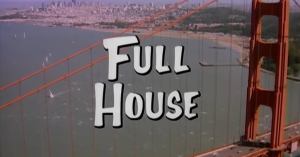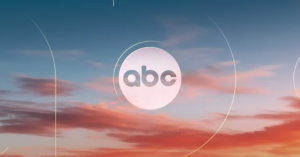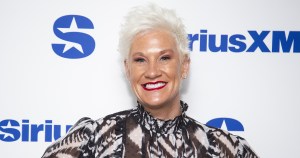Tuesday, July 7 has been declared “Blackout Day 2020” — a day when Black Americans intend to make a statement through a general boycott. The idea is for Black people to show their economic power by collectively spending no money at all for an entire day. White allies against racism are asked to participate in solidarity as well.
The hashtag “Blackout Day 2020” has been picking up steam for the last two months, thanks to social media organizer Calvin Martyr. It has now gained the support of big celebrities like rapper T.I., large corporations like Cisco Systems and Procter & Gamble, and other organizations. The idea is to speak out against institutional racism in a language that politicians, businesses and lobbyists cannot ignore — money. By spending no money at all on Tuesday, Black Americans intend to show those in power that they are unified and organized against racism and violence.
Videos by PopCulture.com
“The only way we’re going to get change is when they fear hurting us like we fear hurting them,” Martyr said in the video where he first raised this idea. He compared this sweeping boycott to the Montgomery bus boycott of 1955, when Black people in Alabama refused to pay to ride buses where they were legally required to sit in the back.
Martyr proposed Blackout Day 2020 back in May as a response to the killing of Ahmaud Arbery. Arbery was killed by White vigilantes on Feb. 23 simply for jogging in the wrong neighborhood. Martyr also referenced the police killing of Breonna Taylor in Louisville, Kentucky, on March 13. Since then, nationwide protests associated with the Black Lives Matter movement have persisted for over a month following the police killing of George Floyd in Minneapolis, Minnesota, on May 25.
Zeta Phi Beta Sorority, Inc. encourages Black people, people of color and allies to avoid spending money on July 7, 2020 – no purchases online or in-store – unless it is a Black-owned business.
💙💙💙💙💙🕊#zetaphibeta #zphib #BlackOutDay pic.twitter.com/MsEY3A5BoJ
— Zeta Phi Beta (@ZPHIBHQ) July 6, 2020
The protests have achieved big changes in some cities, including massive overhauls to police budgets, arrests for some officers and commitments to new social programs. Still, on Friday Martyr argued that many of the responses to these protests so far have been symbolic, and the general boycott could be the next big step.
“I don’t care about BLM painted across streets, I don’t care about syrup, rice or bandaids,” he wrote. What I DO CARE ABOUT: #JUSTICE for BREONNA TAYLOR; #JUSTICE for VANESSA GUILLEN; #JUSTICE for Elijah McClain; Tearing down systemic strongholds built to maintain privilege for some and keep others in bondage (mass incarceration, poverty, redlining wage gaps, education, healthy food options etc) … Y’all can have all that other stuff.” Martyr and other organizers are encouraging everyone to participate in Tuesday’s general boycott out of solidarity with the anti-racist movement.









